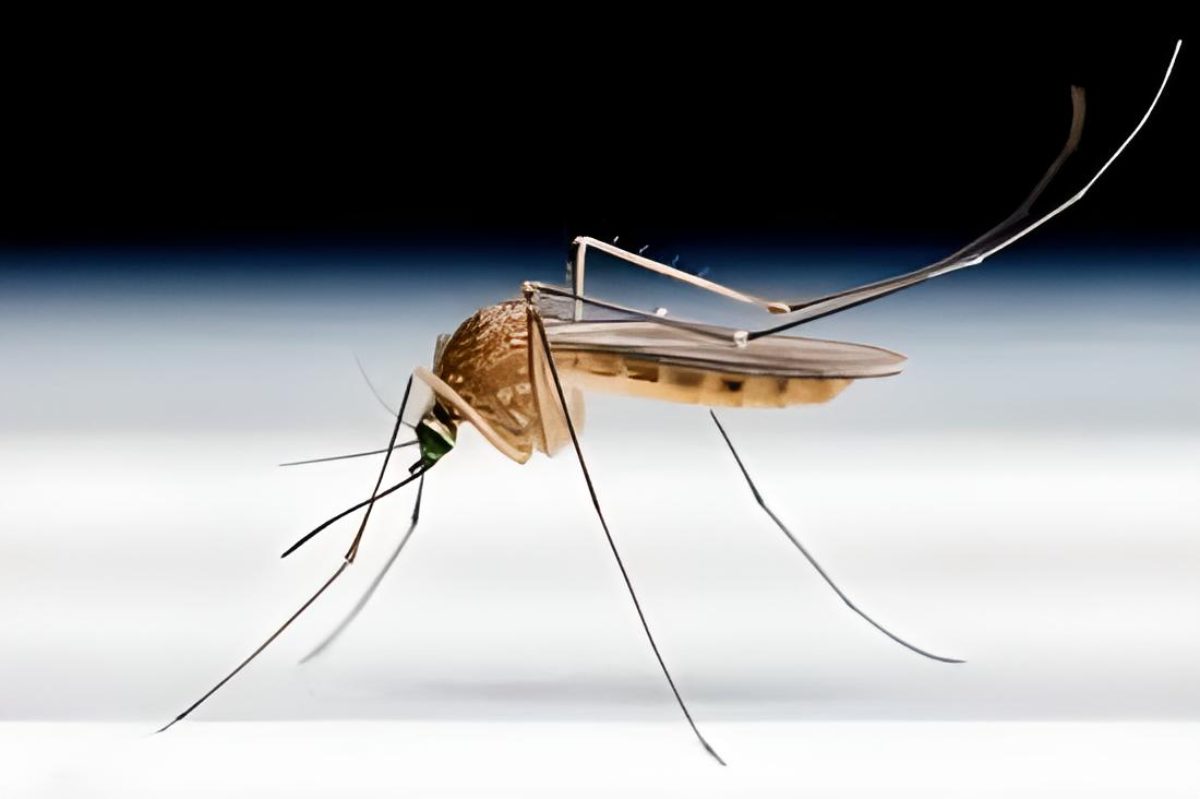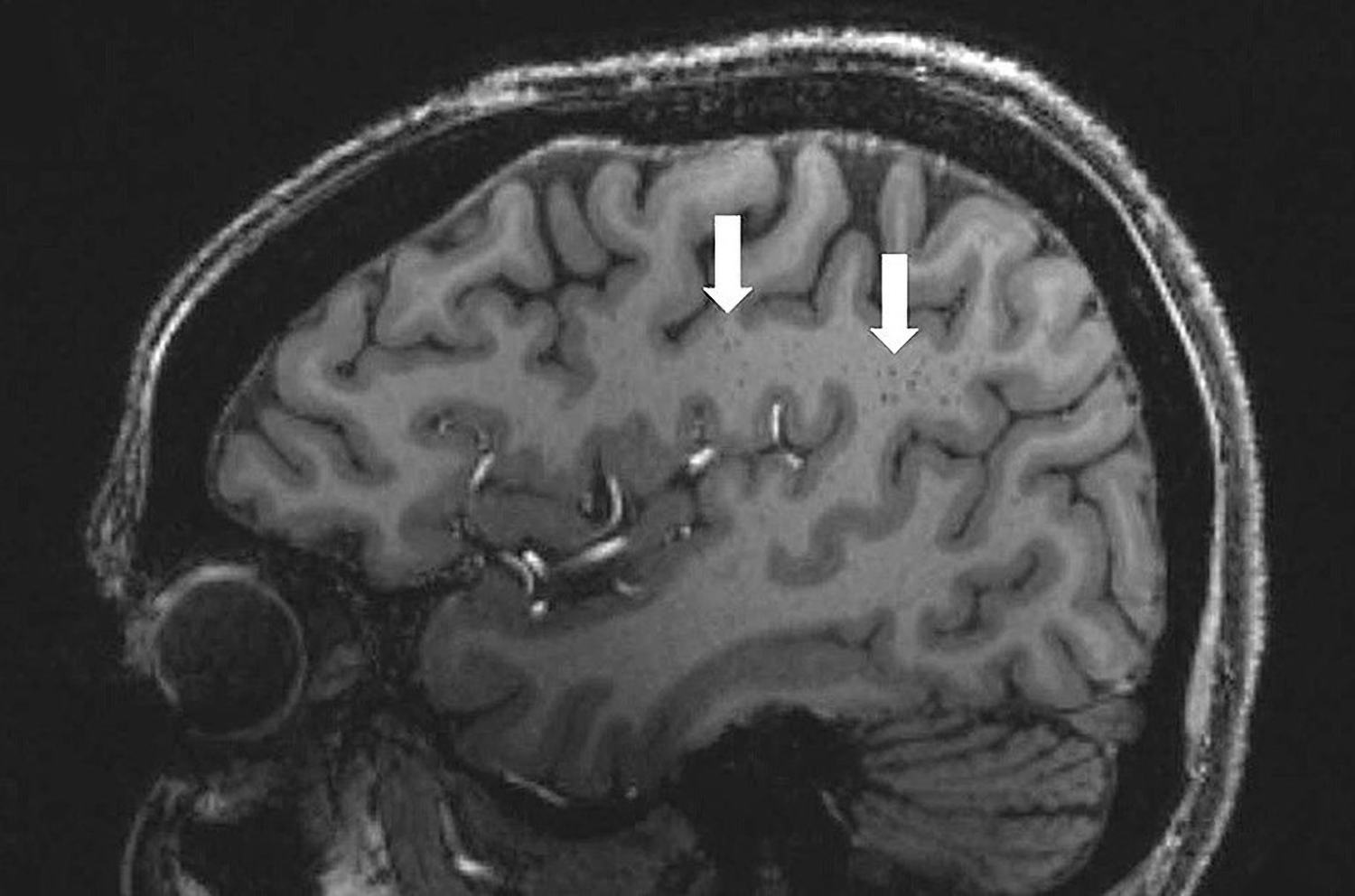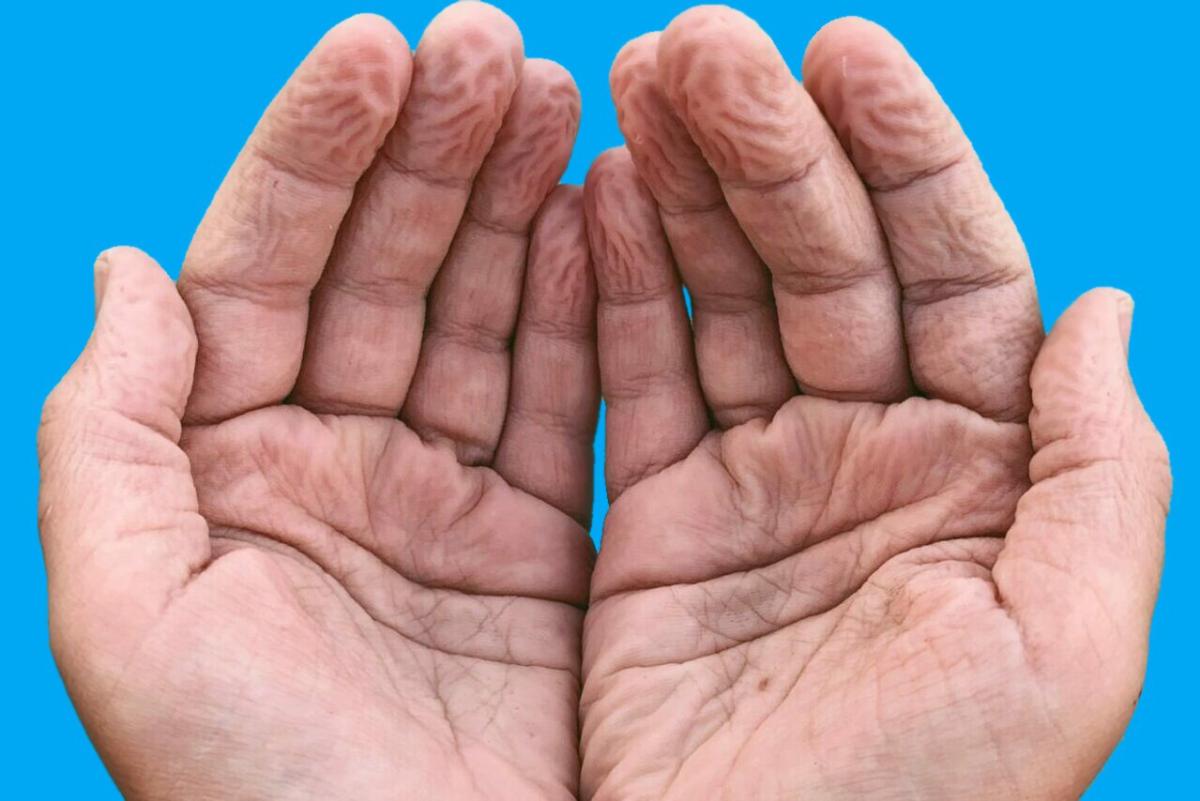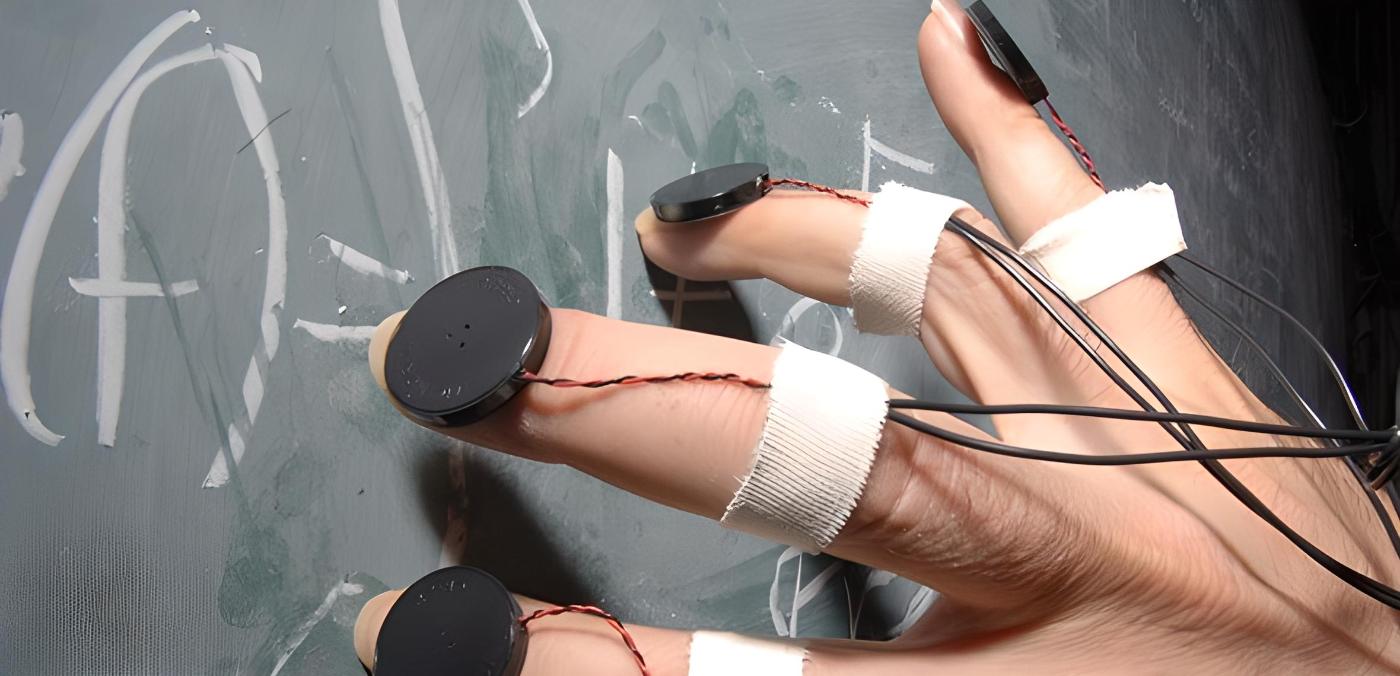It’s an old saying that laughter is good for you. People report feeling healthier and stronger after a good laugh. However, might there possibly be any truth behind this? What happens when you are stressed and not in the mood to laugh? What good does smiling do for you? Does it make you live longer? As early as the Bible, people recognized the healing power of humor and laughing. A laughter’s remedial powers continue to be covered extensively in both the scientific and popular press. However, only a fraction of this subject has been systematically investigated.
Suppressing pain and stimulating the immune system
Nonetheless, it’s widely accepted that a good belly laugh stimulates our immune system. Scientists discovered this with 52 willing participants in a 2001 study. Several types of immune cells, including killer cells crucial for warding off illness, were substantially more active in the blood when the young men had just viewed a comedic film and laughed.
Intense bouts of laughing have been shown to alleviate pain. British scientists found that this was due to the fact that it prompted the body to produce its own opioids, hence reducing the body’s production of pain-signaling molecules. Researchers found that participants with a history of laughing had a greater pain tolerance than those who had not recently experienced laughter.
Yet another way in which laughing may alleviate stress is by lowering blood levels of the stress hormone cortisol, which is often elevated when people are under pressure. The levels of cortisol, however, fall significantly following a bout of laughing. This means that laughing immediately mitigates the stress response. Laughing also counteracts the suppressive impact of stress on the immune system.
Put on a forced smile and you’ll see results
Okay, but what about smiling? After all, it’s not often that you can laugh heartily and for an extended period when under pressure. According to the preliminary research that even a forced laugh or smile might have an impact. 22 participants were prompted to laugh, smile, or howl like wolves at various points during the research.
All participants were interviewed and given tests to measure their emotional states before and after each of these occurrences. The results showed that howling did not have any effect on the test subjects’ moods, but that forced laughing and smiling had a considerable positive effect.
The mere act of raising the corners of your mouth
Even when you merely raise the corners of your mouth in an artificial smile, it still helps. This is what a group led by psychologist Tara Kraft from the University of Kansas discovered. Scientists were curious to know whether or not the mere act of contorting the facial muscles in a smile had any beneficial effects, regardless of the test participants being conscious that they were smiling.
Kraft accomplished this by subjecting 169 test volunteers to stress by having them hold chopsticks with their lips while completing computer-based activities under time constraints. Half of the volunteers were instructed to smile while the other half were told to keep a neutral expression throughout the experiment. The reason for this was that everyone had to reflexively bend their lips and facial muscles as if they were smiling, to maintain the chopsticks in their mouths.
The findings of this study demonstrate the physiological effects of smiling, even when we are unaware of doing so. This is because throughout the stress activities, the heart rates of all participants who had previously held chopsticks stayed much lower than those of control subjects who had done the tasks without chopsticks. Facial muscle contractions reduced not just objective measures of stress but also subjective assessments of it.
Try forcing a smile the next time you’re stuck in traffic or going through any other stressful situation. This helps counteract the bodily manifestations of stress, in addition to enhancing your public persona right away.





















